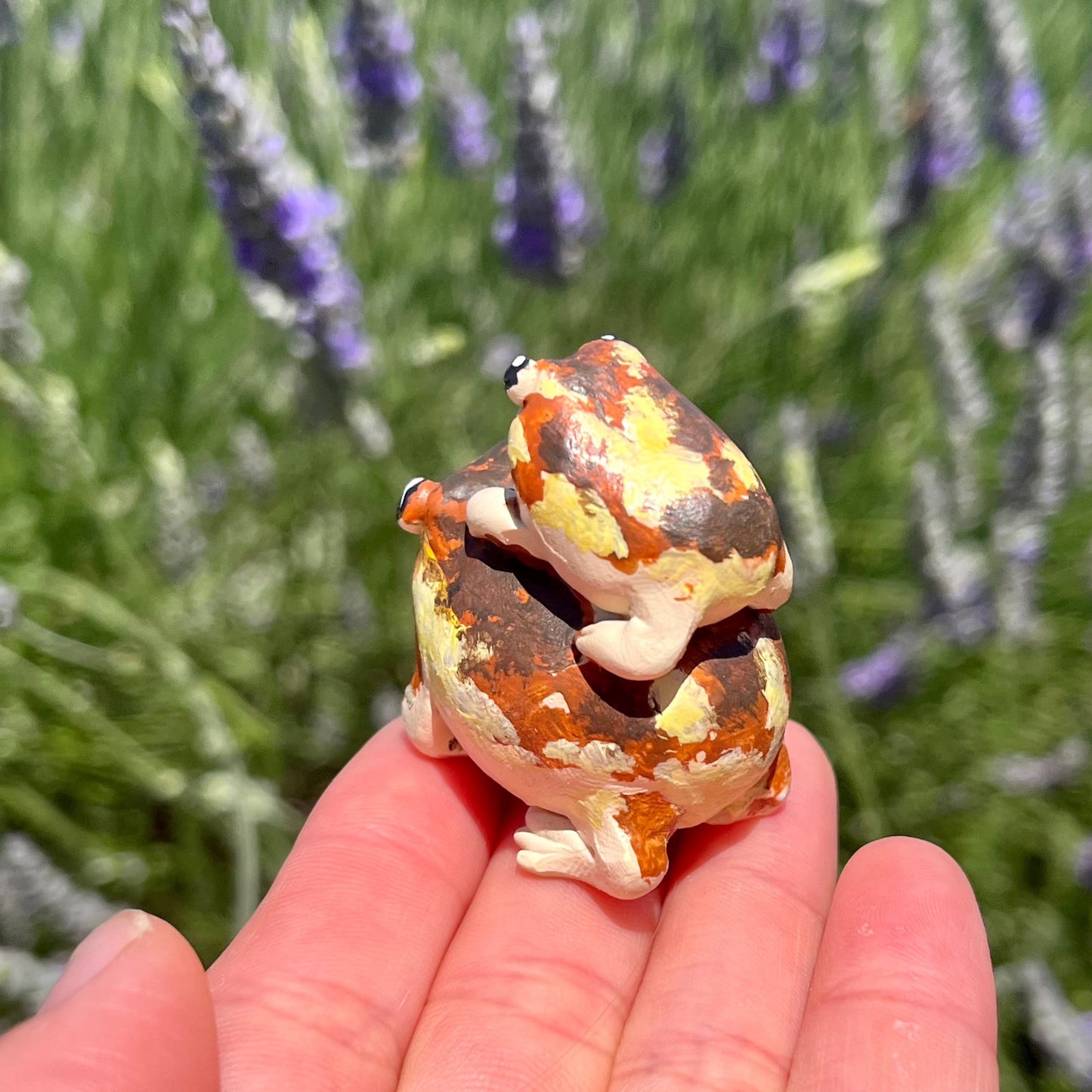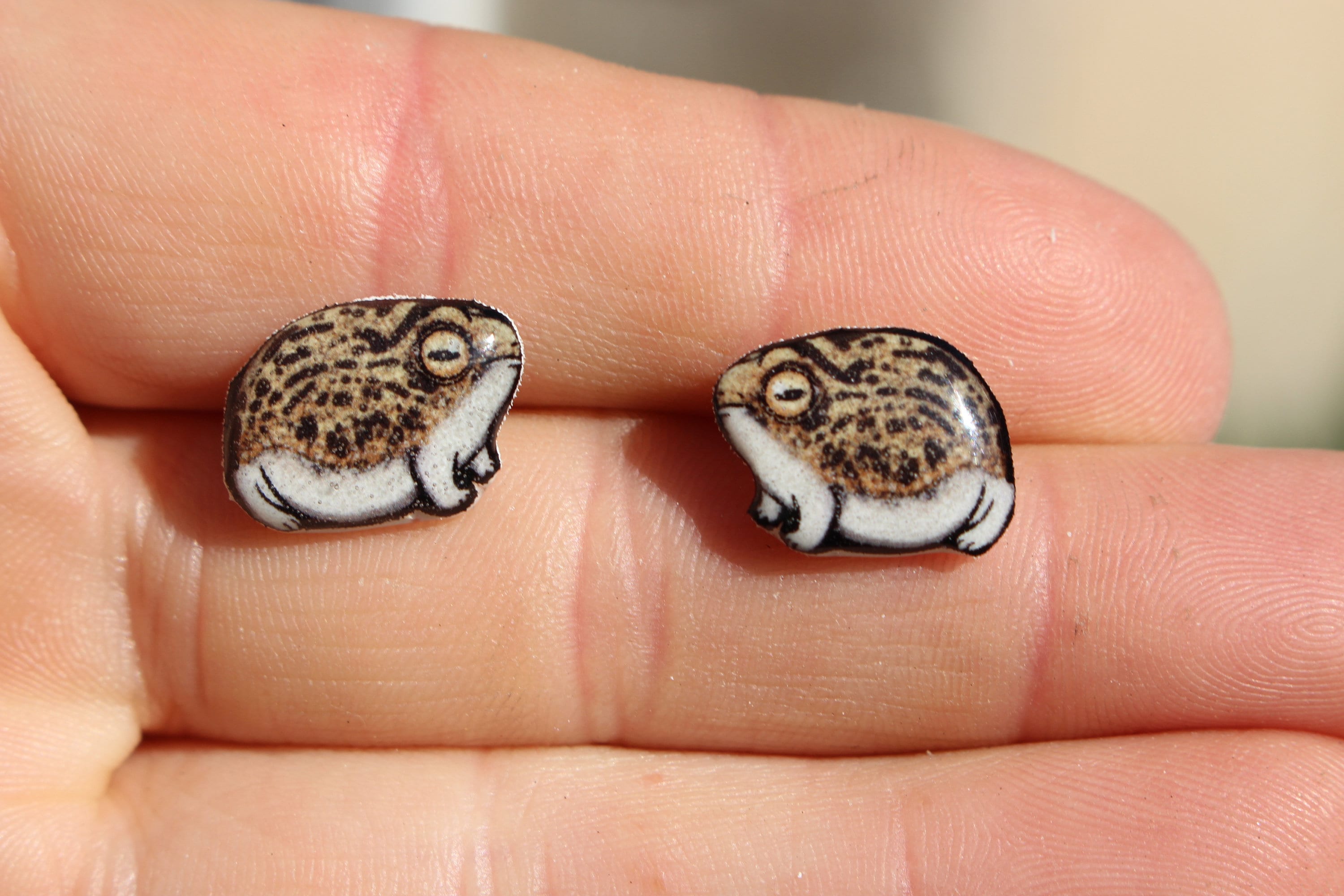Locate Your Perfect Rain Frog for Sale: Dive into the World of Unique Amphibians!
Locate Your Perfect Rain Frog for Sale: Dive into the World of Unique Amphibians!
Blog Article
Common Wellness Issues in Reptiles: Signs And Symptoms and Solutions
In the complex world of reptile treatment, recognizing the common health issues that might influence these one-of-a-kind animals is critical in ensuring their wellness. From breathing infections that can silently take hold to metabolic bone illness that can cripple, reptiles are susceptible to a series of disorders that require eager monitoring and timely treatment. Whether it's facing parasitic problems, browsing dehydration issues, or attending to skin disorders that materialize in refined ways, being in harmony with the signs and symptoms and furnished with the expertise of reliable options is crucial for any kind of reptile owner. By delving further right into the nuances of these health issues and checking out the functional treatments offered, one can protect the health and wellness and vitality of these interesting animals.
Breathing Infections
Breathing infections in reptiles can dramatically affect their general health and wellness and need punctual attention from knowledgeable vets. These infections are frequently triggered by bacteria, infections, or fungis and can show up via symptoms such as wheezing, nasal discharge, open-mouth breathing, and sleepiness. In reptiles, respiratory system infections can be specifically testing to diagnose and treat because of their distinct makeup and physiology. Vets commonly rely on a combination of health examinations, analysis imaging, and laboratory examinations to accurately recognize the underlying reason for the infection.
Therapy for breathing infections in reptiles usually includes a mix of helpful care, such as maintaining appropriate moisture levels and temperature gradients in the unit, along with targeted medicine to attend to the details pathogen liable for the infection. It is vital for reptile proprietors to monitor their family pets very closely for any kind of indicators of respiratory system distress and look for veterinary treatment at the earliest sign of an issue. With timely intervention and ideal treatment, lots of reptiles can recoup totally from respiratory infections and resume normal activities.

Metabolic Bone Condition
What elements add to the advancement of Metabolic Bone Condition in reptiles?
Metabolic Bone Disease (MBD) in reptiles is mainly triggered by an absence of appropriate calcium, phosphorus, and vitamin D3 degrees in their diet. Additionally, poor exposure to UVB light avoids reptiles from manufacturing vitamin D3, which is critical for calcium absorption and bone wellness.
Other adding variables to MBD consist of improper temperature level gradients within the reptile's habitat, causing reduced metabolic process and impaired calcium absorption. Insufficient humidity levels can additionally affect a reptile's capability to metabolize calcium properly. Certain reptile types have details nutritional demands that, if not satisfied, can enhance the probability of developing MBD. Normal vet examinations, appropriate husbandry practices, and a well balanced diet regimen are vital to avoid Metabolic Bone Illness in reptiles.
Parasitical Problems
Parasitical infestations present a significant health threat to reptiles, influencing their general wellness and calling for prompt vet focus. Reptiles can be affected by numerous bloodsuckers, including termites, ticks, internal worms, and protozoa. These bloodsuckers can cause an array of symptoms, such as weight loss, sleepiness, skin inflammation, diarrhea, and even death if left untreated.
One typical bloodsucker discovered in reptiles is the mite, which can cause skin stress, anemia, and inflammation. Ticks are an additional outside bloodsucker that can trigger and transmit illness discomfort to the reptile. Inner parasites like worms and protozoa can bring about digestion problems, poor nutrition, and compromise the reptile's body immune system.
To detect a parasitical infestation, a veterinarian might do fecal examinations, skin scrapings, or blood tests. Therapy usually involves deworming drugs, antiparasitic bathrooms, or in extreme situations, a hospital stay. Preventative steps such as normal veterinary examinations, proper health, and quarantine procedures for brand-new reptiles can aid minimize the danger of parasitic infestations and guarantee the health of reptile animals.
Dehydration and Hydration Issues
Dehydration in reptiles can dramatically impact their health and wellness, necessitating timely intervention and ideal hydration management. If left unattended, dehydration can lead to major health and wellness problems and even be deadly to the reptile.
To stop dehydration, reptile owners should ensure that their animals have accessibility the original source to clean water in all times. The water dish ought to be big sufficient for the reptile to take in if required, especially for varieties that take in water via their skin. Additionally, preserving proper humidity degrees in the reptile's unit and offering routine baths can aid protect against dehydration.
In instances of dehydration, it is important to seek veterinary treatment quickly. A veterinarian may carry out liquids either by mouth or with shots to rehydrate the reptile. It is important to deal with the underlying cause of dehydration to protect against reoccurrence and guarantee the reptile's general wellness.
Skin Ailments

Conclusion

Breathing infections in reptiles can dramatically impact their overall health and need punctual interest from seasoned vets (rain frog for sale). Preventative procedures such as routine vet exams, appropriate health, and quarantine procedures for new reptiles can aid lessen the danger of parasitic problems and guarantee the wellness of reptile animals
If left without treatment, dehydration can lead to significant wellness problems and also be fatal to the reptile.
Consistently examining your reptile for any type of changes in skin color, texture, or appearance can aid in early discovery and treatment of skin conditions, advertising the total health and wellness and wellness of your flaky companion. - rain frog for sale
In conclusion, reptiles are susceptible to different health and wellness issues such as respiratory system infections, metabolic bone illness, parasitical invasions, dehydration, and skin ailments.
Report this page